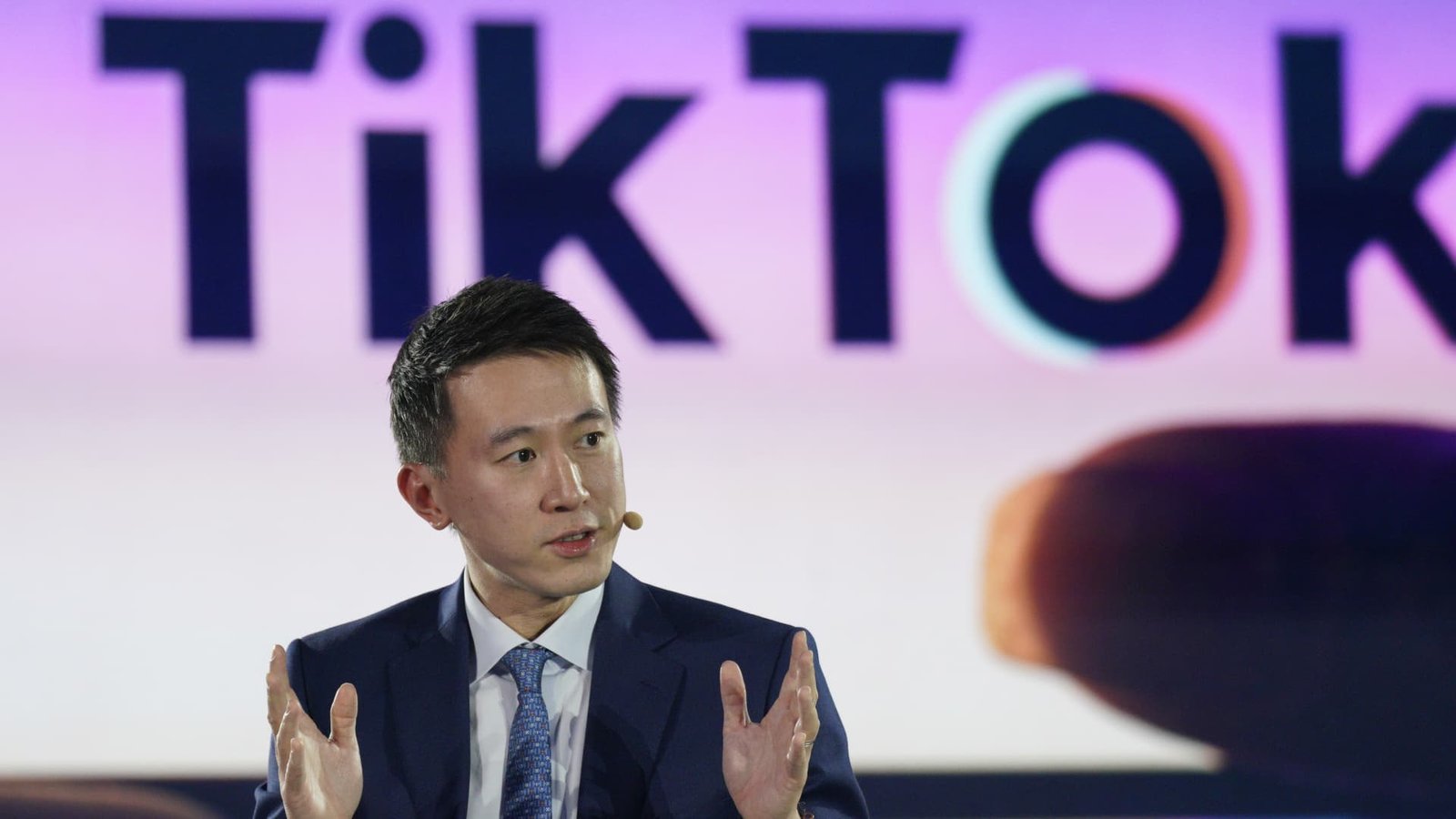As the debate surrounding TikTok’s future in the United States continues to unfold, the platform’s Chief Executive Officer (CEO) has taken a bold and unprecedented step by directly appealing to its users to protect their constitutional rights and oppose any potential ban. This impassioned plea comes amidst mounting concerns over the app’s data privacy practices and its alleged ties to the Chinese government, sparking a heated debate over national security, free speech, and the role of technology in modern society. In this article, we delve into the CEO’s message, the implications of a potential ban, and the broader implications for digital freedom and democracy.
In a series of public statements and social media posts, the CEO of TikTok has urged users to rally together and defend their right to freedom of expression and access to information. Emphasizing the importance of user activism in shaping public policy, he has called on TikTok’s vast and diverse user base to speak out against any attempts to ban or restrict the platform, arguing that such actions would infringe upon their constitutional rights and stifle innovation and creativity.
At the heart of the controversy surrounding TikTok lies the question of data privacy and security. Critics have raised concerns about the app’s data collection practices, alleging that it may be sharing sensitive user information with the Chinese government. These concerns have led to calls for TikTok to be banned or restricted in the United States, with some policymakers citing national security risks and the need to protect American citizens’ personal data from foreign surveillance and exploitation.
However, supporters of TikTok argue that banning the app would represent a dangerous precedent that could set a chilling effect on free speech and digital innovation. They contend that such a move would not only deprive millions of users of a popular platform for self-expression and creativity but also undermine the principles of openness, diversity, and inclusion that are essential to a thriving democracy.
Moreover, the potential ban on TikTok raises broader questions about the role of technology companies in shaping the future of society and the extent to which governments should regulate digital platforms. In an era marked by increasing digitization and reliance on social media for communication, commerce, and entertainment, the decisions made by tech companies and policymakers have far-reaching implications for individual rights, public discourse, and democratic governance.
In response to the growing scrutiny and calls for regulation, TikTok has sought to reassure users and policymakers alike by implementing various measures to enhance transparency, accountability, and data privacy protections. These include establishing data centers in the United States, appointing independent experts to oversee its content moderation policies, and providing users with greater control over their personal information.
Despite these efforts, TikTok’s future in the United States remains uncertain, with the Biden administration conducting a comprehensive review of its national security implications and considering potential regulatory actions. Against this backdrop, the CEO’s appeal to users to defend their constitutional rights takes on added significance, highlighting the pivotal role that ordinary citizens can play in shaping the trajectory of technology policy and safeguarding democratic values in the digital age.
In conclusion, TikTok’s CEO’s direct appeal to users to protect their constitutional rights and oppose any potential ban underscores the high stakes involved in the ongoing debate over the app’s future in the United States. As policymakers grapple with complex issues of data privacy, national security, and free speech, it is imperative that the voices of ordinary citizens be heard and heeded. By standing up for their rights and advocating for a balanced and principled approach to regulation, TikTok users can help shape a future where technology serves as a force for good and empowers individuals to freely express themselves in the digital public square.




